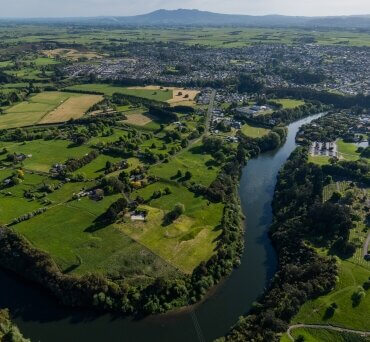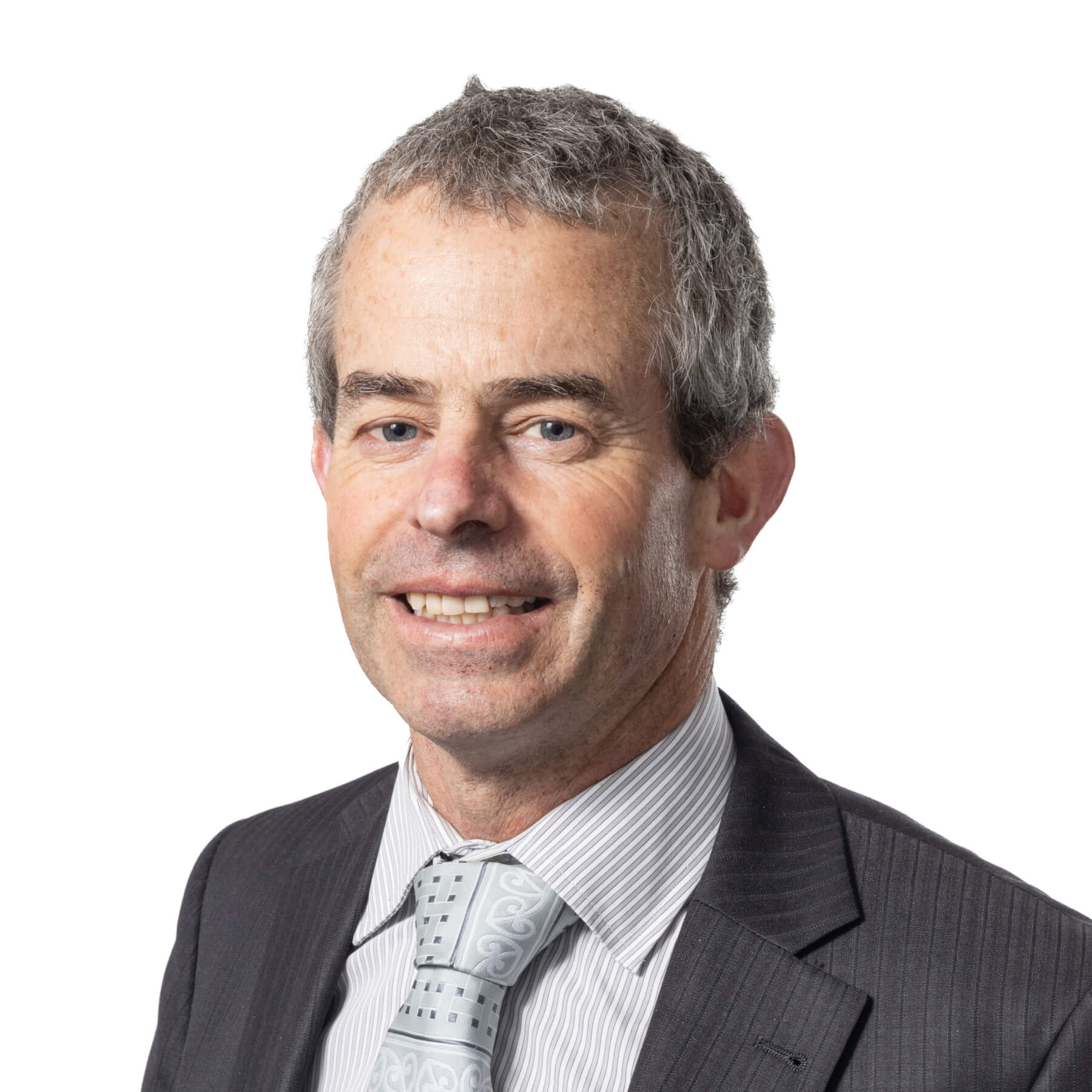
Waikato River.
Following the recent decision by the board of Waikato’s economic development agency Te Waka to wind up its operations, the Waikato Regional Council (WRC) has been giving consideration to what role it can play as a regional leader to assist in bringing sectors together to understand how best to facilitate and encourage economic development in the region.

Stu Kneebone
As the fourth largest region in New Zealand, both in terms of population and geographic area, the Waikato is a key part of the economy. However there are concerns that it has not always spoken with a collective and unified voice when looking to capitalise on regional economic development and investment opportunities. In this regard, it has lagged behind other regions.
The government has signalled it wants to work with regions that are well coordinated and know what they want. This theme is not unique, and many previous administrations have signalled similar messages. While many individual district councils across the Waikato contributed to funding Te Waka, along with the WRC, it was a somewhat piecemeal approach, which no doubt contributed to the challenges faced by Te Waka.
The WRC contribution was funded by returns from its investment fund which dates back to 1989 when the council was established. Shares in the Ports of Auckland and Tauranga were provided to WRC (all Regional Councils throughout NZ became shareholders in their respective ports) by the government of the day. The WRC shareholding was subsequently sold by the council of the day, and the funds invested. This fund is today managed by an investment fund advisor. The returns from this fund are utilised in accordance with WRCs Statement of Investment Policy & Objectives.

Looking east – the Waikato River from the existing Te Awa River Ride.
Several years ago, council established a Regional Development Fund (RDF) in an effort to make contestable funds available for regionally significant economic development projects, funded by a portion of the investment fund returns. However the fund was not well subscribed, and so was recently wound up.
Council is looking at how the residual funds accumulated during the life of the RDF can be best utilised for strategic regional economic priorities and development activities.
This is not something that council are rushing. This fund is an intergenerational asset, and council is cognisant of the need to utilise the returns it provides wisely and in the interests of the region as a whole.
Our chair and chief executive are initiating conversations with a range of stakeholders, including iwi across the region to understand their views on economic development functions, what roles the various stakeholders can or should play, and what everyone sees as the appropriate vehicle to deliver these functions could look like.
WRC does not have a particular view on what the outcomes of these discussions could be, however the main themes underpinning the WRC desire to progress these conversations are really about wanting the region to prosper and ensuring that our region is seen by government as a strategic and worthy investment partner for investment.








